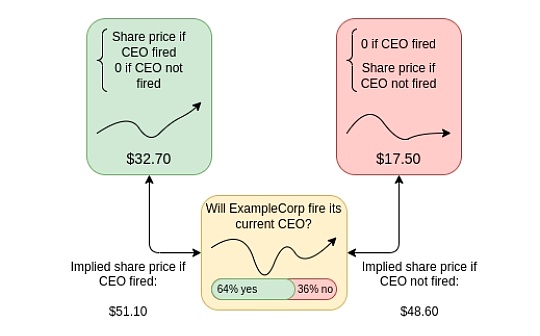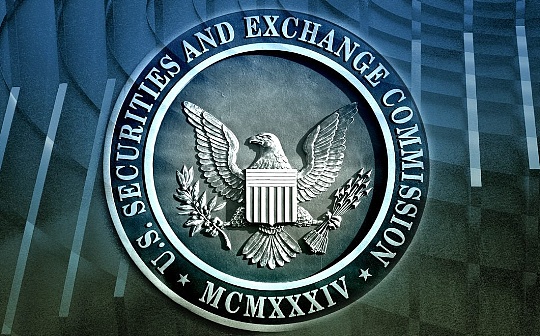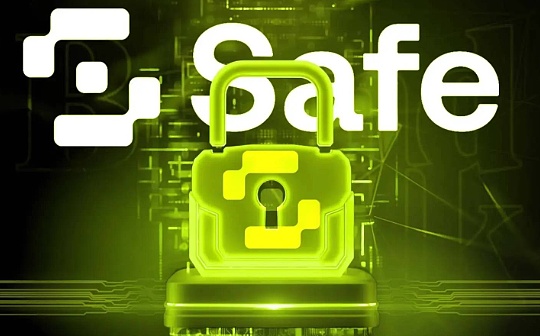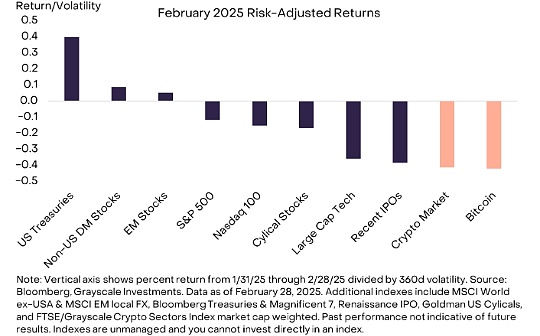Latest progress in Bitcoin strategic reserves in US states: Five states oppose it, Arizona may be the first to pass

Reprinted from chaincatcher
03/05/2025·2MAuthor:jk , Odaily Planet Daily
In 2025, the wave of Bitcoin’s strategic reserve legislation swept across the U.S. states, becoming the latest battlefield for the collision between the crypto industry and the traditional financial system. According to statistics, more than 20 of the 50 states in the United States have proposed or are considering legislation related to Bitcoin reserves, covering public fund allocation, tax incentives and regulatory frameworks. Analysts pointed out that the approval of Bitcoin ETFs and the increase in institutional adoption rates are driving states to accelerate the layout of strategic reserves of crypto assets in order to gain the upper hand in the future competition in the digital economy.
Odaily Planet Daily counts the latest progress updates of state strategic reserves for readers.
What are the steps to establish a strategic Bitcoin reserve in the United
States?
If a state in the United States wants to establish a strategic Bitcoin reserve, it needs to go through a complete legislative and administrative process to ensure the legitimacy and enforceability of the plan. This process is divided into four steps:
-
Step 1: First, legislative proposals need to be drafted by state legislators or relevant committees and submitted to the state legislature. The bill includes details such as the specific goals of Bitcoin reserves, the source of funds, purchase and management methods. After the bill is proposed, it is usually considered in detail by the Finance or Economic Development Commission assigned to the state legislature and may hold a hearing to hear from all parties.
-
Step 2: Next, the bill needs to be voted by two houses of the state legislature (if the state is bicameral). First, the state House of Representatives will discuss and vote, and if passed by the majority, it will be submitted to the Senate for further review and voting, and some states will also have the opposite process. Only after the two houses pass the bill can the final approval stage. Readers need to note that all the House and Senate in this article refer to the state 's House and Senate. Normally, state legislation does not require approval from the Senate and House of Representatives.
-
Step 3: After both houses of the state legislature pass the bill, it will be sent to the governor for signature. If the governor agrees and signs, the bill officially becomes law and the state government can initiate the implementation of the strategic reserve of Bitcoin. If the governor vetos, the parliament can make an amendment or try to overturn the veto with a higher vote (usually two-thirds majority).
-
Step 4: Once the bill comes into effect, the state government will designate relevant agencies to implement the reserve plan , which is usually the responsibility of the state’s finance department or a specially established fund management department. They need to develop specific purchasing strategies, choose appropriate custody methods (such as third-party custody or self-custody), and ensure the security of reserve funds. At the same time, state governments need to establish transparent regulatory and audit mechanisms to regularly report the status of Bitcoin reserves to the public or legislature.
Once any of the above steps go wrong, the Bitcoin Reserves Act will not pass in the state.
On March 1, Cynthia Lummis, chairman of the U.S. Senate Bank Digital Assets Subcommittee, revealed in an interview with Fox Business that the federal level of Bitcoin strategic reserve plan "lacks enough support" and may be difficult to implement in the short term. “There aren’t enough candidates in the House and Senate to push this out,” she said. “In contrast, the state-level legislative process is obviously faster.”
Progress by state: What are the fastest progress states?
Arizona
On February 28, 2025, two Bitcoin reserve bills in Arizona (SB 1025, etc.) were passed in the Senate with a "17-11-2" vote and have been submitted to the House for consideration. If approved, the state will become one of the first states in the United States to include Bitcoin in public reserves.
Texas
On February 27, the Texas Bitcoin Reserves Act was formally submitted to the Senate for consideration. Previously, the proposal has passed a technical review by the state Commerce and Commerce Commission, with its core content including allowing state fiscal funds to allocate Bitcoin assets.
Oklahoma
On February 26, Oklahoma's Strategic Bitcoin Reserves Act (HB 1203) voted on the House Committee and entered the voting stage. The bill proposes to invest up to 10% of public funds in bitcoin or digital assets with a market capitalization of over $500 billion, which is seen as the boldest attempt at crypto policy among conservative states.
Ohio
On the same day, Ohio's Strategic Bitcoin Reserves Act passed the committee's review, leaving only the entire Senate voting process before the final legislation. If passed, the state's pension system may become a long-term holder of Bitcoin.
Georgia
On February 24, Georgia introduced the second Bitcoin Reserve Act (SB 228), intending to lift the state's limit on Bitcoin investment and allow the government to allocate BTC assets without limit. Previously, the state had passed its first relevant bill in 2024, and the amendment was interpreted as a signal of "full embracing Bitcoin."
Except for Georgia, all other bills above are in the second stage of implementation, and some states have passed the vote in one of the two houses. After the second vote ends, the governor will choose to sign it into law.
Blocked and opposition: Five states Bitcoin Reserves Act failed
Montana
Montana House of Representatives Act 429 (HB 429) proposed in late January 2025 to allocate up to $50 million in public funds to Bitcoin, stablecoins and precious metals. Although sponsor, Councilman Curtis Schomer, stressed that the move could “disperse the risk of state assets and obtain higher returns,” the bill was not passed in a February 21 House vote with 59 votes against and 41 votes for it.
South Dakota
South Dakota HB 1202 bill intends to put 10% of public funds into Bitcoin, but was rejected by 9 votes against and 3 votes in the House Business and Energy Committee vote on February 24. Proponent Logan Manhart MP believes Bitcoin can fight inflation, but state investment official Matt Clark strongly opposed it on the grounds of “ excessive volatility .” Subsequently, South Dakota vetoed the HB 1202 bill at its February 25 legislative session with a workaround of “delaying to the 41st day of deliberation” (the actual session was only 40 days), explicitly refusing to include Bitcoin in the official investment option.
North Dakota
The North Dakota HB 1184 bill was designed to explore the feasibility of building a Bitcoin reserve, but failed in the House by 57 votes against it and 32 votes. However, the state legislature is still considering a Republican resolution that will allow state fiscal investment in digital assets and precious metals. The resolution has been passed the second reading of the House and is being further discussed by the Senate Industry and Commerce Committee.
Pennsylvania
Pennsylvania HB 2664 bill proposes to invest up to 10% of state funds into Bitcoin, allowing asset allocation through secure custody schemes or Bitcoin ETFs. The proposal, jointly initiated by Republican lawmakers Michael Cabell and Aaron Kaufer, has been substantially shelved due to excessive opposition since it was proposed in November 2024.
Wyoming
The Wyoming Bitcoin Reserves Act was proposed in mid-January 2025 to invest 3% of state general funds, mineral trusts and land funds. But in the state commission vote on February 6, only one out of eight lawmakers supported it, and the bill failed. State legislative records show opponents are concerned that “digital assets are incompatible with traditional fiscal systems.”


 jinse
jinse

